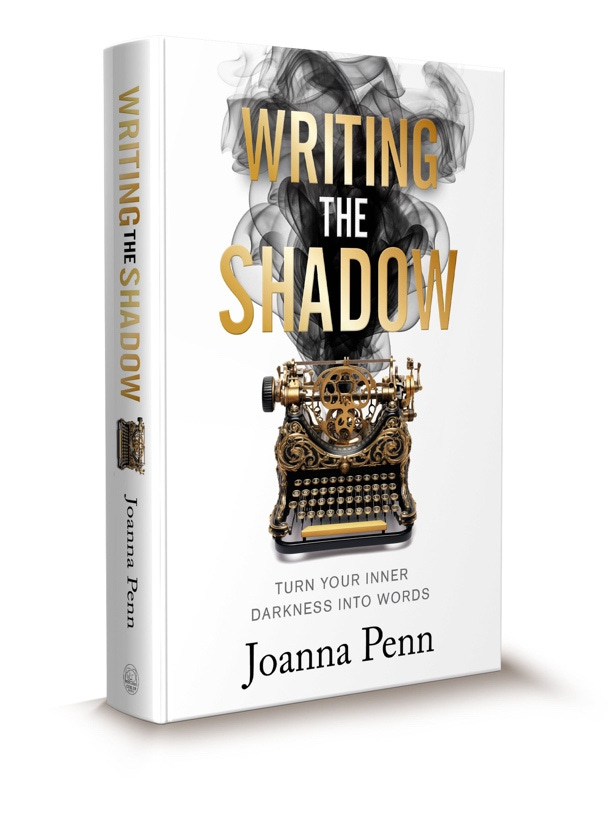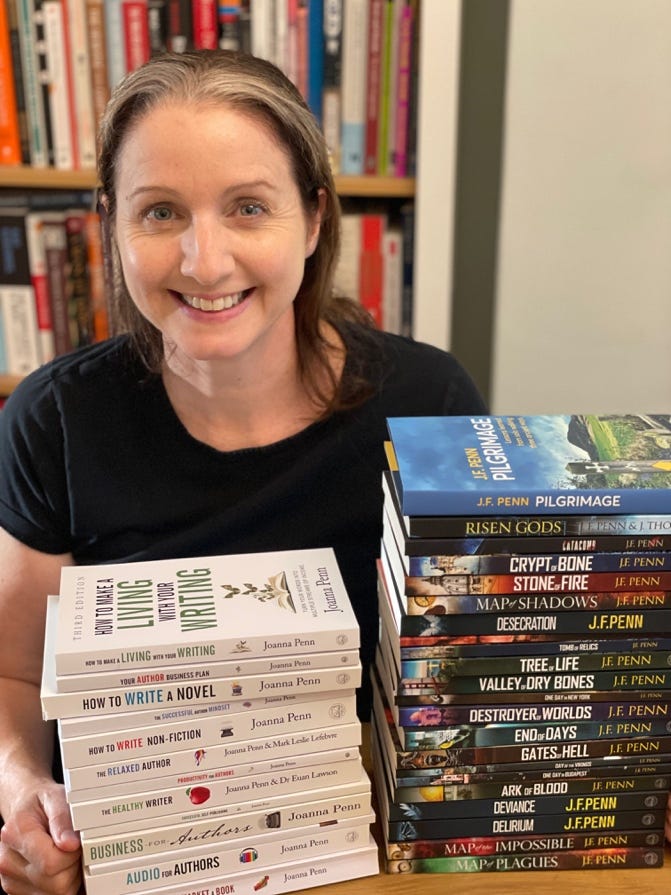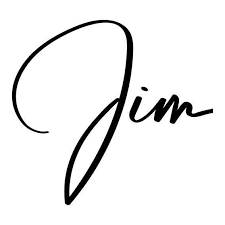Last spring, I wrote several essays exploring the shadow concept in theology and psychology. This week, we return to that essential and elusive topic through a conversation with author Joanna Penn. She has written a soon-to-be-released book titled Writing the Shadow: Turn your Inner Darkness into Words.
Several outstanding books describe Carl Jung's theory of the Shadow. They include Robert A. Johnson’s Owning Your Own Shadow and Robert Bly’s A Little Book on the Human Shadow. This book belongs on the shelf with them. If you're widely read in Jungian Psychology, Writing the Shadow will not break new theoretical ground for you. But if you are looking for a way into Jung's concept of the shadow, you'll find this a delightful introduction. It's especially helpful in how Joanna Penn, who has degrees in both theology and psychology, makes accessing one's shadow a practical application. While the audience is primarily writers, I think the exercises and applications can benefit pastors, teachers, musicians and other creative types.
As a reminder, the concept of the shadow pertains to the unconscious part of the personality, which contains repressed weaknesses, desires, and instincts. Every individual has a shadow, which often consists of everything the conscious self finds undesirable or unacceptable and, thus, pushes away or ignores. The shadow isn't inherently negative; it can also contain positive traits that have been repressed due to various societal or personal reasons. You’ll hear both Joanna and I reveal aspects of our own shadow in the interview below.
The Johnson and Bly books are excellent; both are short books packed with theory and good questions. In Writing the Shadow, Joanna Penn makes the shadow exploration work come alive. She describes her own life in revealing but appropriate ways. These vignettes tell a very human story and allow the reader to consider how shadow work might play out in their lives.
With its guiding questions and examples, this book can open up new worlds for anyone writing or creating. Each chapter includes reflection or discussion questions. This is a fine book for group study, especially for those interested in spiritual direction. If after listening to the interview and a book discussion interests you, drop me an email expressing your interest.
Carl Jung's theory of the shadow invites introspection and the courage to confront and integrate the lesser-known parts of ourselves. The process, while challenging, can lead to profound personal growth and a deeper understanding of the human psyche as well as a connection with the sacred in life. Joanna Penn reminds us that it can also be a source of creativity.
Here’s our conversation. (just click the play button > )
Joanna (J.F.) Penn
New York Times and USA Today Bestselling Thriller Author, Podcaster. Speaker. Award-winning Entrepreneur.
For authors and writers:
Thrillers, dark fantasy, crime, horror:
Until Next Time,
With a focus on exploring the intersection of a gritty Christian mysticism and depth psychology, my goal for The Notebooks of James Hazelwood is to keep these offerings of audio interviews and written essays free and accessible. By becoming a paid subscriber, you support this endeavor, which I sincerely appreciate. Thank you to new pledging subscribers Dana, Ronald, and LPM. Upgrading continues to be optional, though it includes several perks like copies of my books and deliveries of homemade vegan pizza ;). You can also leave a comment, like the post, and share with others who find this meaningful. Thanks for reading - Jim
James Hazelwood, author, bishop, and spiritual companion, is the author of Weird Wisdom for the Second Half of Life and Everyday Spirituality: Discover a Life of Hope, Peace, and Meaning. His website is www.jameshazelwood.net





